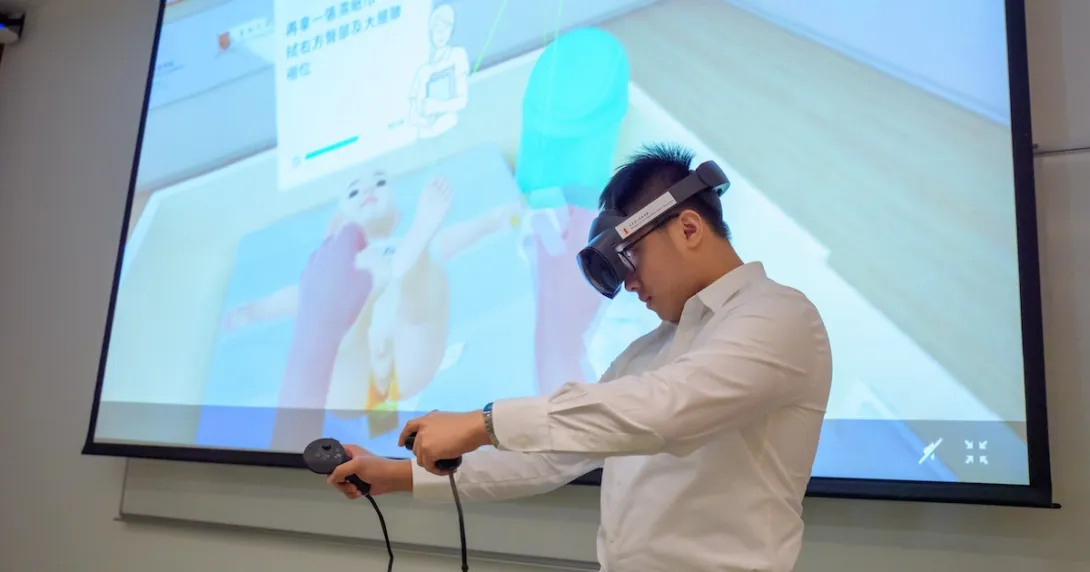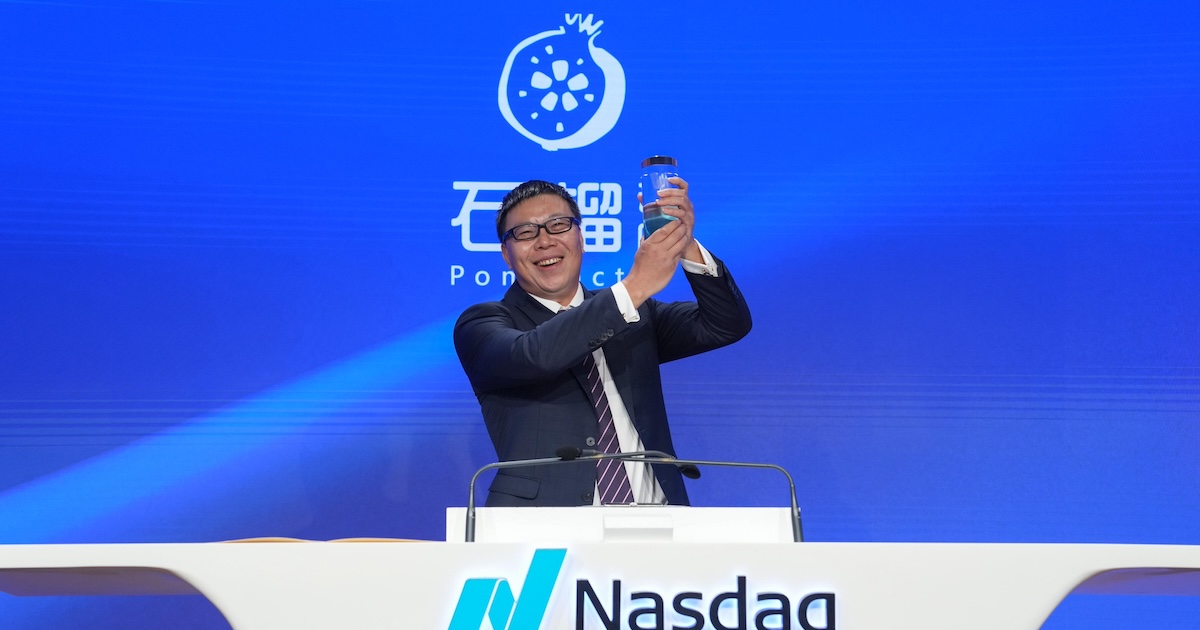
A virtual reality-based training programme in Hong Kong has significantly improved the skills and confidence of carers of high-risk infants.
The Childhood Bilingualism Research Centre at the Chinese University of Hong Kong (CUHK) co-developed the hybrid VR training programme with social service organisation Hong Kong Christian Service.
HOW IT WORKS
The programme, called Virtual Reality Training Protocol for Early Childhood Professionals (VICTOR), combines VR with online learning to train carers in providing high-risk infant care, including feeding, holding and nappy changing. The self-paced programme can be taken any time, anywhere.
It also features a proprietary sensor-equipped infant simulator and a flagging system that records and analyses performance to identify areas needing additional support and improve training effectiveness.
The VR-based programme is designed for healthcare workers, professionals in nursing education, and families and carers of high-risk infants.
CUHK said various non-governmental organisations are currently piloting VICTOR. There is a plan to expand the programme's scope and extend the training to other areas, such as nursing, rehabilitation therapy and special education.
WHY IT MATTERS
The research team behind Project VICTOR stressed the need for more practical training opportunities, especially for busy professionals, amid growing health workforce shortages and the special care required by a tenth of infants born prematurely worldwide.
Their VR-based programme, launched three years ago, has been proven to improve carers' understanding and awareness of those infants' unique needs.
In an eight-month study conducted in 2023-2024, more than 200 frontline child rehabilitation professionals took part in VR-based training. Researchers said a majority reported improved knowledge of infant care, greater professional competence, and experienced reduced stress when handling infants.
Repeated practice also reduced the time to complete the training: the researchers observed a drop in the average time to complete bottle-feeding training from 29.35 seconds on the first attempt to 8.54 seconds.
"VR technology not only enhances training efficiency and flexibility but also provides a safe, low-pressure environment for repeated practice, boosting confidence and professional competence," commented principal investigator Dr Anna Ma Yuk-yi of CUHK.
The project team plans to introduce performance reports for optimising resource allocation and establish a training database to track participants’ progress, identify learning patterns, and adjust content and difficulty for personalised learning. Additional training modules are also in development.
THE LARGER TREND
VR tech has also been applied to a training programme in Australia that helps paramedics and ambulance officers prepare for birth emergencies. It was developed after findings showed many volunteers were ill-equipped to manage these rare out-of-hospital events.
Another training programme in Hong Kong also uses VR technology to enhance nursing education. Developed during the recent global pandemic, the Virtual Hospital learning system at Hong Kong Polytechnic University features more than 1,200 combinations of randomised situations and multiple choices.
ON THE RECORD
"The [VR] programme provides a data-driven staff training solution, enabling the management team to allocate human resources more cost-effectively while establishing a solid foundation in infant care practices for industry professionals," said Dr Jess Chan Ka-lam, Child Rehabilitation Service supervisor at Hong Kong Christian Service.


